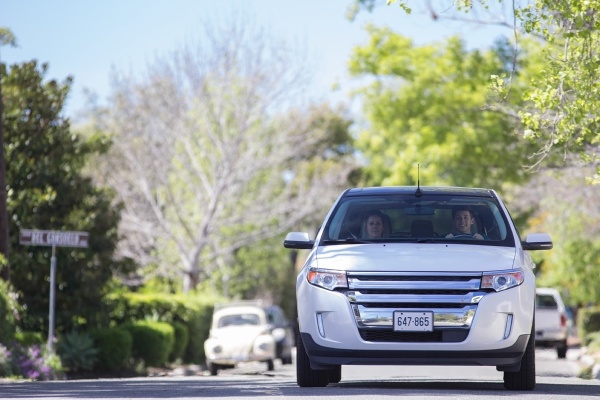
Buying a new vehicle is an exciting prospect for car owners. Who doesn’t like the thought of driving away in a shiny new model with the latest bells and whistles? But for some, stepping into a dealership can be daunting. Options seem endless and confusing, and negotiating can be stressful.
On top of that, there’s the issue of what to do with your current car. It’s true that selling a used car yourself is often more profitable than a trade-in. But there are also advantages to trading that car to the dealer, including paying less in sales tax. By subtracting the trade-in amount from the new car price, “You would only pay sales tax on the difference that’s left,” says Lauren Fix, an automotive expert known as the Car Coach.
Once a decision is made to trade your used vehicle, there are a number steps you can take to help get you the best deal from the car dealership. Here are 6 tips to help you get a fair deal on your trade-in car:
1. Stage your car
Some car experts advocate taking your car ‘as is’ to the dealer – they can tell if it’s in good shape regardless. But others believe a thorough cleaning reflects on how you treated the car overall, and can give you an extra edge.
“Stage it,” says Fix. “Get all the junk out of the vehicle. Have the car washed, waxed and vacuumed, because the dealer is going to walk around it and make a determination on its value when you bring it in.” Clean the engine, too, so when you pop the hood you don’t see grime and grease.
2. Fix the dings
Lauren Fix also advises getting small, exterior dings fixed. “You want to make the car look as new as you can,” she says. This goes only for cars with less than 50,000 miles, she adds, because vehicles with high mileage typically go to auction, where appearance is not so important.
3. Have receipts handy
The first step should start when you initially acquire the car: keeping records and receipts. If so, when the day arrives to finally trade your vehicle, you can show the dealer receipts for all the purchases and repair work done on the car. If the dealer questions the condition of a certain engine part or area of the car, you can back up your side with a receipt. “Even though the dealer might throw those receipts out later, it says you took care of the car and ‘here’s proof,’” says Fix.
4. Do some competitive research
Another important step to take before arriving at the dealer is to do your homework. Visit multiple websites and check the value of similar vehicles with the same mileage while monitoring ecommerce sites to follow your car model’s auction price. “Print out that information,” says Fix. “The first offer you get from the dealer is going to be low.” When you counter-offer with a higher price you can say, “here’s the paperwork to back that up,’” she says.
READ THE FULL ARTICLE